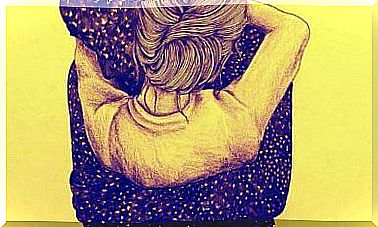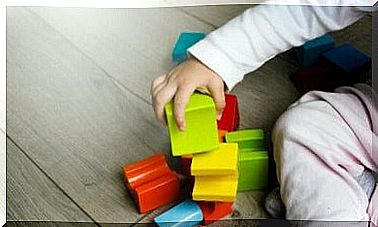Dependent People: Slaves To Emotional Attachment
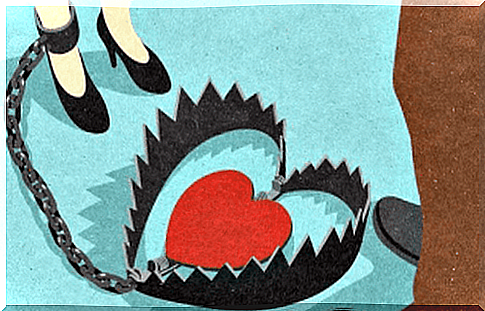
Love sickness exists, it is real and the victims are thousands. There are people who are dependent on relationships and who trample their dignity and self-love every day, relegating them to the drawer of lost objects in the name of a toxic and destructive emotional attachment. They are profiles characterized by a clear emotional immaturity, where love immediately turns into a bitter substitute, with serious side effects.
The dependents from emotional relationships are never going to create healthy and happy because they create constraints of the hostages. These couples stand their daily lives on a scenario of unacceptable captivity, on a ring of suffering where all kinds of values are sacrificed, any kind of moral, emotional and even psychological principles.
As it usually happens in any other kind of addiction, it is not at all easy to put an end to a habit fueled by this ferocious need: that of being part of someone, that of bending at a person’s feet to feel complete, nourished and fulfilled. . When the brain gets used to this dynamic, this substitute for love sickness or poisonous drug, it is very difficult to break away from the known routine.
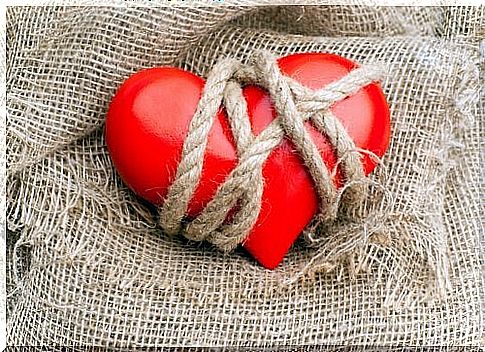
How are people addicted to relationships?
People addicted to love relationships are like everyone else. They have their work, their personal experience, their tastes, their passions, their virtues and their flaws. With this we want to express a very simple idea: addiction to love has no age or status, it does not discriminate and can occur in many of us without realizing it. Maybe we don’t even notice that our romantic relationship has clearly addictive components.
If we take a closer look at this muscle that shapes the essence of our emotional needs, we will realize various things. The first is that there are two types of relationship addicted people. Type 1 is about people who always need to have a partner. Their motto can be summed up as “you don’t fall in love with who you want, you fall in love with who you can, but the important thing is to love, to have someone next to you”.
Type 2 addicts act like a trap. As soon as they start a relationship, they get hooked, hold on to it. They will not leave it, even if it is harmful, even if it damages the foundations of their dignity. Similarly, the type 1 and type 2 employee have common characteristics: fear of loneliness, lack of a clear identity, lack of self-esteem, constant search for affection and approval from others; they result in extreme behaviors in order to maintain the relationship and present excessive anxiety when they perceive that something is missing or that it is not going the right way.
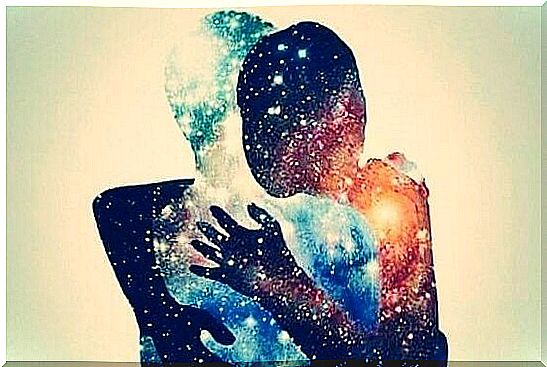
This symptomatology configures almost the same picture as a substance use disorder. The brain needs the dose of obsessive attachment, of this nutrient offered by the partner even though his love is often a polluted and toxic love. In this way, and little by little, we are unable to regulate our conduct. To the point of reaching extreme situations: anxiety disorders, eating disorders, suicide attempts …
What can relationship addicts do to end this dynamic?
It is very difficult to quit smoking if we continue to have a cigarette in our hand. It will be equally difficult for us to end an addictive relationship if we continue to feed ourselves with the same ideas, with an affective nicotine that destroys self-love.
There are those who start therapy complaining that they always fall in love with the wrong people, the most “harmful” ones. It is as if their brains are programmed to always induce them into the same harmful dynamics; instead of learning from the past and bad experiences, they find themselves constantly in similar situations. Because? Why is it so difficult for relationship addicts to end these behaviors ?
Because they have not yet understood the repercussions of this “love-addiction”. Because they are vulnerable, have low self-esteem, an unhealthy need for attachment, and have to work on a number of key aspects. Let’s see them together .
How to deal with emotional addiction
- It is necessary to recognize one’s dependence on emotional relationships and the consequences thereof. We have to be honest with ourselves and recognize the problem. Let’s open our eyes and rely on affective realism.
- It must be understood that the psychic and emotional cornerstone of any relationship is respect and self-respect. Without it, we do not deserve to love or be loved, because what is not respected is neglected and shattered.
- Attachment, the obsessive need to have someone around, at any cost and in any situation no matter how harmful, corrupts us as people, degrades us, destroys all our potential.
- We often make our wishes a necessity. Behind the phrase “I want to be loved” there are often needs that are essential to explore and understand. If we do not feel the need for recognition, approval or to defend ourselves from loneliness at any cost, we will not even need to find hostages who fulfill these desires. These aspects must be satisfied first of all by ourselves.
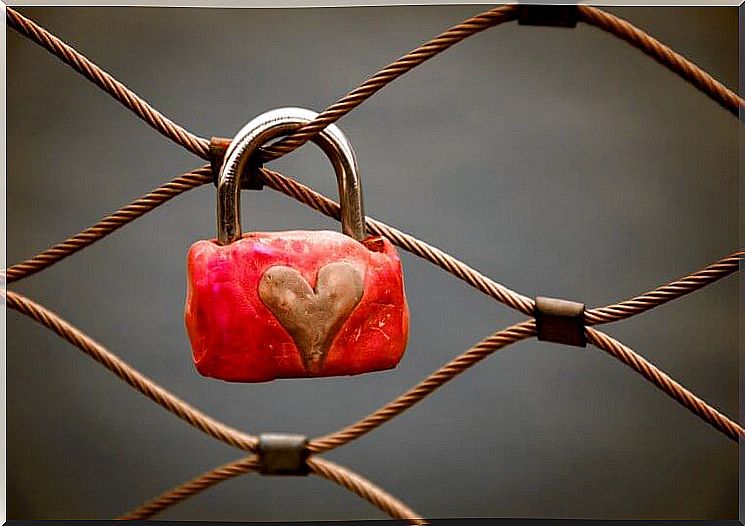
People addicted to love relationships need to take a step forward and ask themselves a simple question: what do I prefer: love sickness or emotional health ? If the latter is chosen, there is nothing left but to undertake a path, apparently simple, but which requires profound inner work. It is about working on one’s self-esteem, building a strong, courageous and shining dignity , capable of freeing us and making us establish bonds that enrich us, where there are no hostages, but only free people who choose each other to build a project common.
